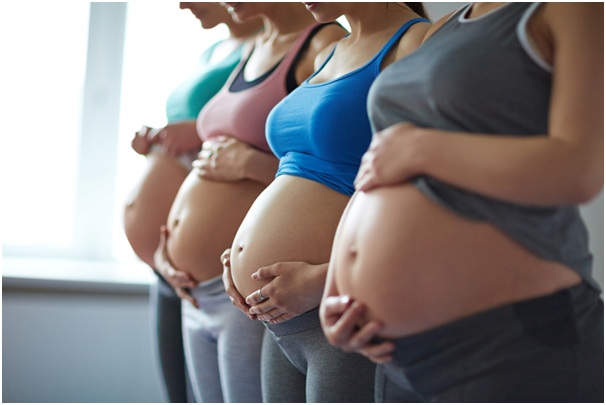
Postpartum depression (PPD) or post-natal depression refers to women’s obvious depressive symptoms which may lead to the puerperal psychiatric syndrome, postpartum restlessness, and postpartum psychosis.
Typical PPD occurs within 6 weeks after delivery and can recover spontaneously within 3 to 6 months, but severe depression can last longer. According to a study, up to 40% of women have PPD symptoms and the recurrence rate of PPD in the second pregnancy is 20% to 30% in new mothers.
In Chinese medicine, there are 3 major elements that may cause post-natal depression:
Besides, physical exhaustion from childbirth and taking care of the newborn may also be a factor that may cause PPD if the mother is in constant state of severe fatigue without deliberate self-care or rest.
In addition to acupuncture and Chinese herbs treatment, there are some steps that the mother suggested to take alongside with the treatment including:
By taking care of your emotional and physical wellbeing may help keep your postnatal depression in check such as by doing a bit of exercise to our body, changing our eating habits and managing our mental wellbeing.
Talking to someone that can understand your feeling like your partner, family and friends, tell them about what you are experiencing or go to therapy group to share your thoughts may help the relief your stress, anxiety and manage some of the symptoms.
Asking support with chores and child care from your partner, family or friends and allow you to have some time for yourself and taking time off to rest. People will gladly help you out in your stressful days so there is no need to feel guilty about asking for help. The presence of your loved ones and their support is important during your recovery.
The effectiveness of Chinese herbal medicine has been proven in conjunction with the use of acupuncture especially for post-natal depression. The depression symptoms that are rooted from blood deficiency and physical exhaustion may be alleviated by using Chinese herbs that have restorative effect as well as boosting tissue restoration and improving cellular metabolism. Our acupuncture session is incorporated with consultation with the doctor herself, Dr Christine Cui; whose treatment may help a mother to identify her negative thoughts and help her bring the symptoms under control.
The recommended treatment plan which will range from several weeks to several months depending on the severity of the symptoms, the plan includes weekly acupuncture session and daily herbal medicine intake. So stop hesitating and start making a small decision in your life which can lead you to a bigger step.
If you would like to try our acupuncture treatments and Chinese medicine to assist your postpartum care, feel free to give Dr Christine Cui Clinic a call at (03) 9820 8651 or send us an email through info@medccc.com.